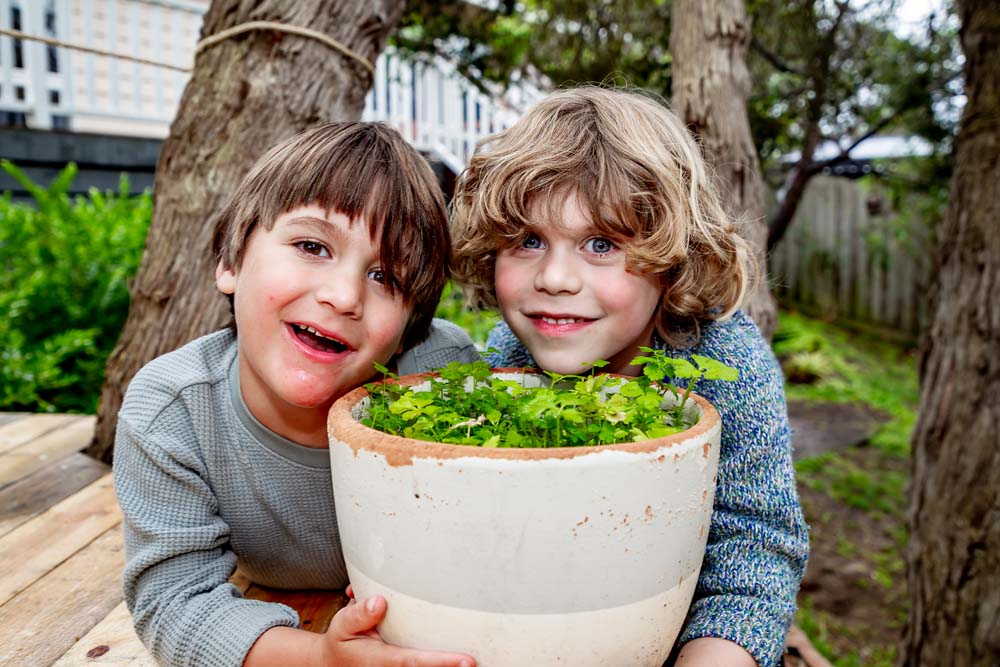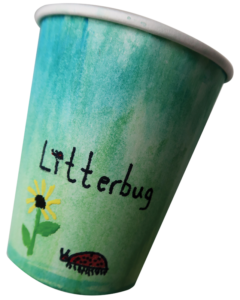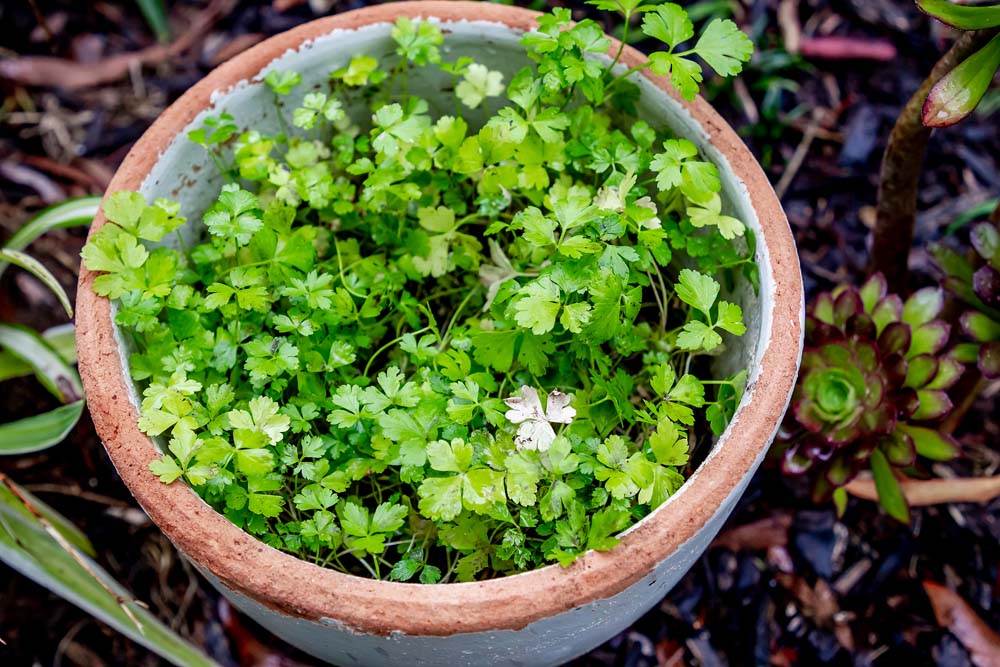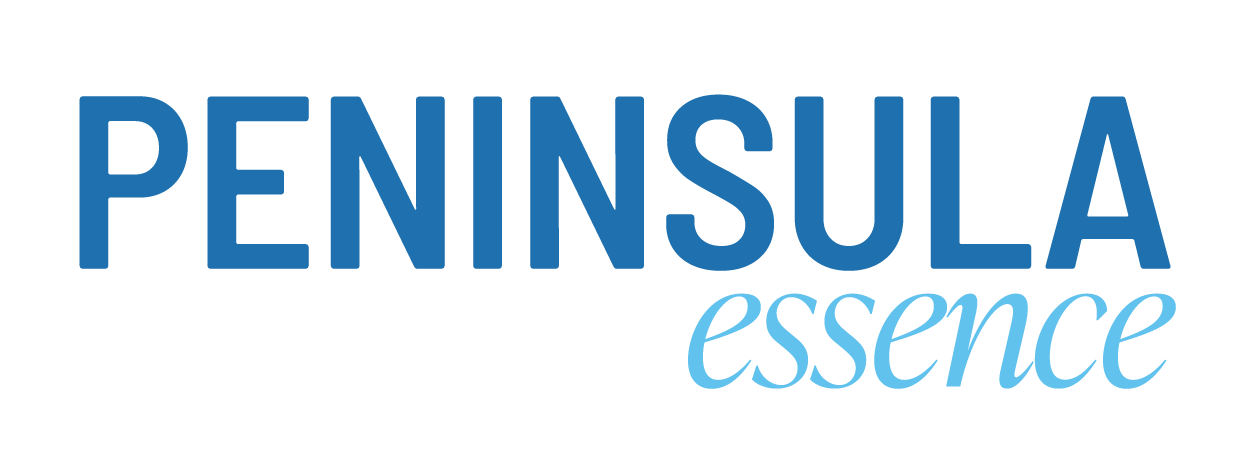
By Melissa McCullough Photos Yanni
 Brothers Benjamin and Dylan Presutti are going to change the world. Or, at least, how people drink their takeaway coffee. Dad (Alex), mum (Chelsea) and their kids love being out in nature. They love planting things and watching them grow. At the young ages of five and four, the nature-loving dynamic duo have admirable ambitions: Benji’s mission of saving the world and Dylan’s yearning to reuse paper and plastic rubbish mesh together perfectly and have inspired the family’s patented innovation called ‘Litterbug’.
Brothers Benjamin and Dylan Presutti are going to change the world. Or, at least, how people drink their takeaway coffee. Dad (Alex), mum (Chelsea) and their kids love being out in nature. They love planting things and watching them grow. At the young ages of five and four, the nature-loving dynamic duo have admirable ambitions: Benji’s mission of saving the world and Dylan’s yearning to reuse paper and plastic rubbish mesh together perfectly and have inspired the family’s patented innovation called ‘Litterbug’.
Segueing from the old non-recyclable paper cup, ‘Litterbug’ takeaway coffee cups are made from recycled paper products and agricultural bi-products (plant fibres) and a 100% biodegradable plant-based polymer. They break down within 30-60 days. Alex tells us, “The sad truth is that most paper cups end up in our landfills, waterways, oceans, or somewhere on the international waste market. We’re going to change that.”
What takes the cups to next-level sustainability is that they have been imbedded with heirloom seeds native to the area. After use, ‘Litterbug’ cups can be planted, and in a few weeks the seeds will sprout, and an edible plant will grow. If nurtured, they will provide food and more heirloom seeds. The concept of heirloom seeds is interesting because they are the original organics and they continue to produce. Plants have the potential to reduce 25% of carbon emissions from human activity but the heirloom seed factor makes that exponential, continuing to remove carbon from the atmosphere. Plants use the energy of sunlight, and through the process of photosynthesis they take carbon dioxide (CO2) from the air and water from the ground. In the process of converting it into growing plants they release oxygen into the air.
‘Litterbug’ is carbon negative. Carbon negativity is the reduction of an entity’s carbon footprint to less than neutral, so that the entity in question has a net effect of removing carbon dioxide from the atmosphere rather than adding it.
The idea of an environment-friendly cup that can clean the air, grow food, and act against climate change blossomed about a year ago in the family’s own backyard in Rye.
After spending time collecting rubbish that they found at the beach and on the road, they started making their own paper just for fun. “We were making it as a little hobby. The boys loved doing all the shredding and crushing up the paper,” said Alex. After mixing and pressing the pulp Benji and Dylan thought it would be neat to mould the new paper into cup shapes and see how long they took to dry in their yard.
From there, one thing quickly led to another and the Presutti family decided to try to press the paper with seeds in it. Alex recalls thinking, “If we can make a compostable cup, how great would that be?” They started planting the prototypes and they sprouted. That’s where the turning point was. It was time to investigate this a little further.

After patenting ‘Litterbug’ cups with IP (Intellectual Property) Australia, they built a website to create some funding and the page quickly gained viewers. They are now looking to mass produce the cups and get them out into the world, ending the reign of single use cups. “I think there’s enough paper and packaging companies out there that the next step would be to look for one of those to license the patent. We’ve had a lot of interest so far,”Alex added.
The goal for ‘Litterbug’ is to launch their seeded cups and be the tip of the spear of sustainable innovations. It is to be a company that’s determined to save the Earth for future generations while embracing renewable resources, new technology, and creating economic stability with liveable wages through their like-minded, action-taking partnerships. The ‘Litterbug’ crew will work in conjunction with farms for agricultural plant bi-product, eco-friendly packaging firms, seed harvesting experts and viable distribution platforms and delivery systems.
“As parents we have a responsibility to teach our children to care for the Earth. As human beings we have a responsibility to take action. Let’s protect the Earth for future generations.”
